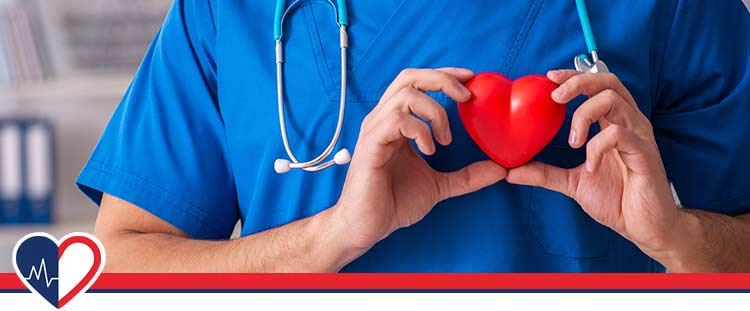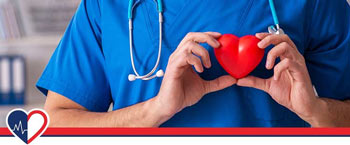Cardiac Care and Echocardiograph Exams Clinic Q&A
Signs of cardiac disorders include chest pain, tightness, pressure, discomfort (angina) Breathing difficulties. Pain in the neck, jaw, throat, upper abdomen, or back. Pain, numbness, weakness, or coldness in the legs or arms if blood arteries in those areas are compressed. We assist many members with heart disease to live longer, healthier lives by providing comprehensive care and support. For more information on cardiac and echocardiograph exams, read our Q and A page below. We are conveniently located at 3117 Military Road Suite 2, Niagara Falls, NY 14304. Please contact us for more information or book an appointment online. Walk-ins are welcome!


Table of Contents:
What does an echocardiogram test for?
What is the difference between an ultrasound of the heart and an echocardiogram?
Can an echocardiogram detect all heart problems?
What are normal results of an echocardiogram?
A healthy heart is vital to a good quality of life. That is why it is so important to take care of your heart. Echocardiographs are diagnostic tools used in the monitoring of heart disease. Using electrodes to check your heart rhythm and ultrasound to see how blood moves through the heart, echocardiographs help doctors diagnose many heart conditions.
An echocardiogram tests how your heart’s valves and chambers pump blood through your heart. It also uses electrodes to test the rhythm of your heart and utilizes ultrasound for a visualization of how blood moves through your heart. It checks to ensure that the heart is functioning properly and that no medical anomalies are discovered internally.
An ultrasound of the heart is known as an echocardiogram, therefore, there is no difference between an ultrasound of the heart and an echocardiogram, as they refer to the same device. There is no standalone ultrasound device to determine heart health. Instead, it is coupled with electrodes to simultaneously measure the rhythm of the heart as well as watch its blood flow and mechanical function.
To evaluate the health of your heart, your doctor may refer you for an echocardiogram. Information collected in this diagnostic test can help evaluate, diagnose, treat, manage and monitor heart disease and cardiomyopathies. An echocardiogram can detect a multitude of problems affecting the heart, such as:
• Symptoms like chest pain or shortness of breath
• Valve function and cardiac output
• Diastolic function (how well the ventricles in the heart relax while filling with blood)
• Direction and rate of blood flow in the heart
• Arterial blood pressure in the heart
• Heart structure and size
• Pacemaker function
• Previous surgeries
Normal results of an echocardiogram reveal the heart’s chambers and valves in regular working order, with the heart valves opening and closing properly and with no signs of blood clots or tumors. An echocardiogram will show your doctor:
• The size and shape of your heart
• The size, thickness, and movement of the walls of your heart
• Your heart’s pumping strength
• If your heart valves are working the right way
• How well your heart valves are working
Your doctor will go over your results with you after your test.
• Normal results mean that the amount of blood your heart pumps out is normal and your heart and its valves are working correctly.
• Abnormal results can vary depending on your condition, including the amount of blood your heart pumps, problems with your heart chambers or valves, if you have a tumor or a blood clot or if there is extra fluid around your heart.
If you received abnormal results on your echocardiogram, your doctor will go over the abnormalities and determine the appropriate plan of treatment.
If you or someone you know believes they have abnormalities with their heart and require an inside look, come to Niagara Falls Urgent Care for an echocardiogram today. Our kind and compassionate professionals are experienced in cardiac care and performing echocardiograms and can help determine the health of your heart. For more information on our echocardiograms and how they can benefit you, call our office and get in touch with a member of our specialist team. To book an appointment with our cardiac care specialist, visit our website or speak with us over the phone today. We serve patients from Niagara Falls NY, Lewiston NY, Sanborn NY, Walmore NY, Tonawanda NY, Sanborn NY, Model City NY, Youngstown NY, Ransomville NY, and Grand Island NY.







